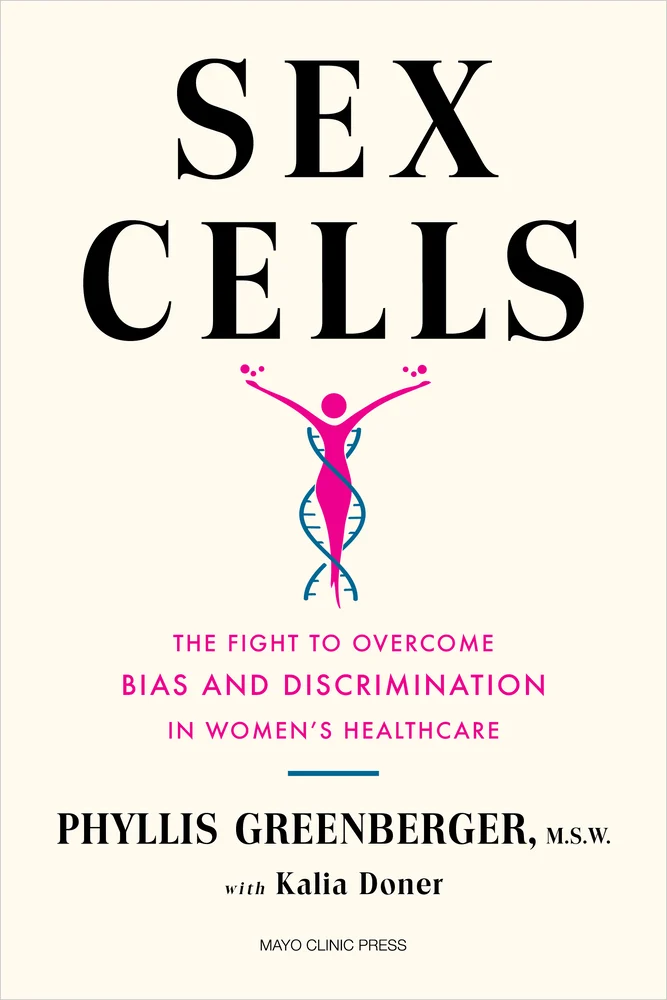Haven Book Club: Sex Cells: What Women With Migraine Need to Know About Medical Bias

Sex Cells by Phyllis Greenberger is a must-read for anyone who has ever felt unseen or unheard in the healthcare system—especially women living with migraine or those who love them.

Why this book matters to you
- 75% of people with migraine are women, yet research and treatment guidelines have long been based on male biology.
- Women’s pain—whether migraine, heart disease, or autoimmune conditions—has historically been minimized or misdiagnosed.
- The book exposes how medicine often treats women as “small men,” with dangerous consequences for diagnosis, care, and outcomes.
What the book delivers
- A 25-plus year insider’s account from Greenberger, who fought to include women in clinical research.
- Hard data, patient stories, and interviews with policymakers and scientists.
- A timeline of key changes—from women being excluded from most clinical trials before 1993 to the gradual, still-incomplete reforms that followed.
What stands out
- A sharp focus on conditions that affect women differently, including migraine. Greenberger calls out the mismatch between the scale of the problem and the lack of tailored care.
- Insight into why medical devices, drugs, and diagnostic criteria designed for male bodies often fail women.
- Honest reflections on the emotional and political battles required to create change.
Why this resonates with migraine care
- Despite migraine being one of the top causes of disability in women under 50, many still hear “it’s just stress” or “take some painkillers” from healthcare providers.
- This minimization mirrors the broader history of ignoring women’s pain that Greenberger documents in detail.
- The book offers context for why Haven’s patient-centered, evidence-based approach is so critical—and why advocacy must go hand-in-hand with care.
Questions to consider
- Have you ever had a migraine dismissed as “just a headache”?
- How would your care change if every treatment and diagnostic test was designed with women in mind from the start?
Sex Cells makes the case that better science and fairer medicine aren’t just possible—they’re urgent. For women with migraine, it validates lived experience and offers hope for a healthcare system that finally listens.
If your interested in reading you can find the book:
Frequently Asked Questions
No items found.


